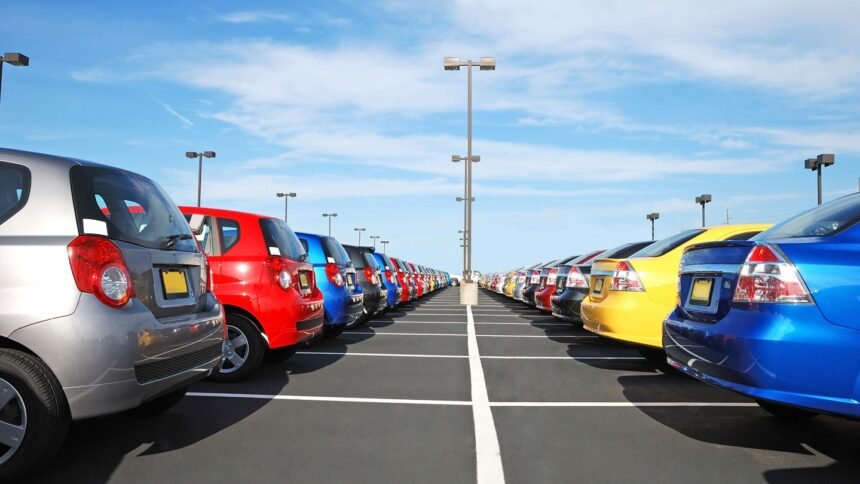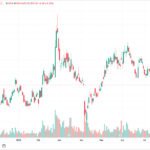The trade deal between the United States and Japan has recently been a topic of discussion, particularly regarding the import of Ford’s F-150 pickup trucks. US President Donald Trump mentioned that Japan is set to start importing these trucks, sparking concerns about potential misunderstandings between the two nations regarding the trade agreement announced last month.
Tokyo’s chief negotiator, Ryosei Akazawa, visited Washington to urge the Trump administration to uphold its commitment to reduce tariffs on automobiles and auto parts to 15% from the current 27.5%. Akazawa highlighted that the implementation of the US-UK agreement took 54 days, emphasizing the importance of honouring the trade deal.
During a phone interview with CNBC, Trump expressed his views on Japan taking US cars, specifically mentioning the Ford F-150. However, uncertainties surround the execution of the trade deal, especially concerning automobiles. The Trump administration’s stance on trade agreements has often conflicted with that of its trade partners, raising questions about the agreements’ effectiveness.
Currently, the US imposes a 27.5% tariff on Japanese autos, a combination of an earlier 2.5% rate and a new 25% introduced by Trump. While a reduction to 15% would provide some relief, it could still impact Japan’s automotive sector, which is vital to its economy.
As Akazawa made his ninth visit to the US, optimism in Asian markets was evident, with Japan’s Topix Index rising by 1%, driven by gains from automakers like Toyota Motor. However, a key point of contention is whether the proposed 15% tariff will be an additional charge or if it will standardize all current levies to 15%, highlighting potential discrepancies in interpreting the trade agreement.
Trump has previously expressed frustration over the lack of popularity of US cars in Japan, attributing it to trade barriers. However, experts believe that the issue lies in the absence of models suitable for the Japanese market. The Ford F-150, mentioned by Trump, may face challenges in Japan due to its size and the country’s narrower roads.
In the CNBC interview, Trump referred to the $550 billion investment package agreed upon with Japan as a “signing bonus.” Nonetheless, Japanese officials clarified that only a fraction of this amount would be actual investment, with the rest being loans and loan guarantees. Prime Minister Shigeru Ishiba emphasized that these investments, driven by private companies, would benefit both countries.
Overall, the trade deal between the US and Japan continues to be a topic of discussion, with uncertainties and misunderstandings surrounding the specifics of the agreement. Both nations will need to work towards clarifying and implementing the terms to ensure a successful trade relationship.







